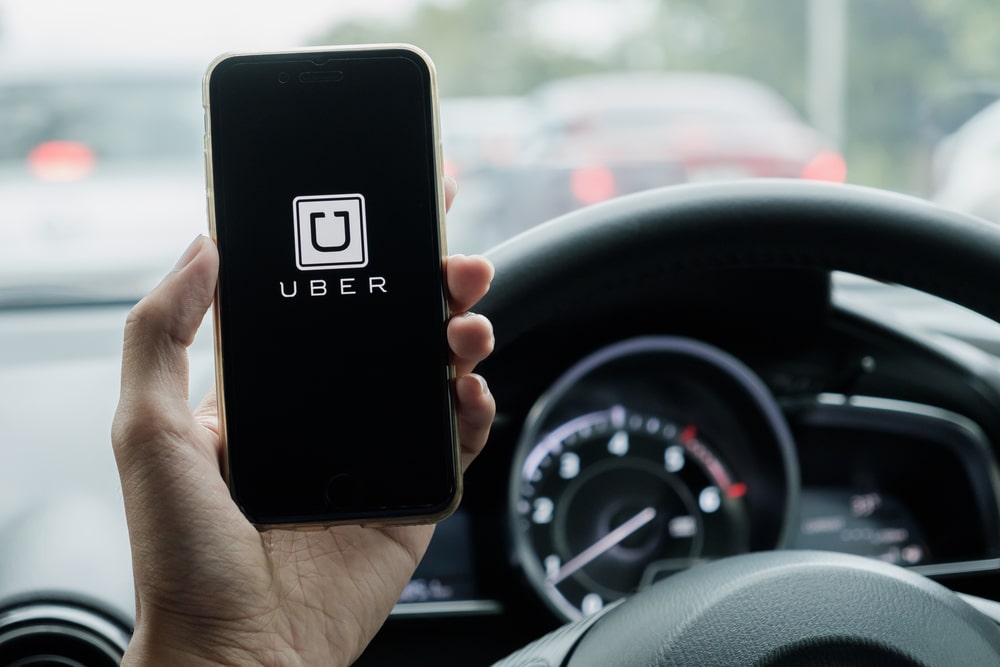When you’re involved in a car accident, the steps that follow are usually straightforward. However, accidents involving a rideshare vehicle, like Uber, are managed quite differently, primarily due to insurance coverage and liability issues. A legal professional can help their client understand these differences, and how they may impact their case.
Personal And Commercial Insurance
In standard car accidents, the insurance claims involve the drivers’ personal insurance policies. In contrast, Uber provides its drivers with a commercial insurance policy that activates under specific conditions. This policy includes higher coverage limits than most personal auto policies, which affects the compensation available to injured parties. Specifically, the coverage varies depending on the driver’s status at the time of the accident. If the driver is not logged into the Uber app, only their insurance applies. If they are logged in but not currently engaged in a ride, Uber provides limited liability coverage. During trips or en route to passengers, Uber’s comprehensive commercial insurance takes effect, which includes substantial coverage for liability, uninsured/underinsured motorists, and collisions.
Liability
Determining liability in Uber accidents involves more complexity than in regular car accidents. With the potential involvement of the rideshare company itself, identifying the at-fault party requires a thorough investigation. Questions about Uber’s responsibility for vetting and monitoring their drivers can also arise if the driver’s actions or the vehicle’s condition contributed to the accident. This introduces a different level of scrutiny due to Uber’s commercial policies and broader financial resources.
State And Local Regulations
State and local regulations on rideshare operations can complicate claims associated with Uber accidents. These regulations may affect how claims are processed and the compensation available, unlike in standard car accidents where state laws uniformly apply. This regulatory environment can also impact settlement negotiations, as the higher policy limits under Uber’s commercial insurance allow for potentially larger settlements. This situation can benefit claimants but also leads to more vigorous defenses from insurance providers.
Next Steps
If you find yourself in an Uber accident, it’s crucial to take appropriate steps immediately. Prioritize safety first by checking for injuries and contacting emergency services if necessary. Document the scene with photos, collect contact information from all parties and witnesses, and report the accident to both the police and Uber.
Understanding the nuanced differences between Uber accidents and regular car accidents is essential, especially when dealing with the aftermath. The involvement of commercial insurance, complex liability issues, and regulatory influences all play critical roles in shaping the legal approach to these incidents.
While both Uber and regular car accident claims aim to address damages and injuries, the presence of a large corporate entity with deep pockets and complex insurance arrangements makes Uber claims distinctly more challenging. For anyone involved in such an accident, having legal support that understands the intricacies of rideshare accidents like Yearin Law Office is crucial. An experienced Uber accident lawyer can help navigate the legal challenges and ensure that you receive the compensation you deserve, reflecting the unique aspects of your case.


